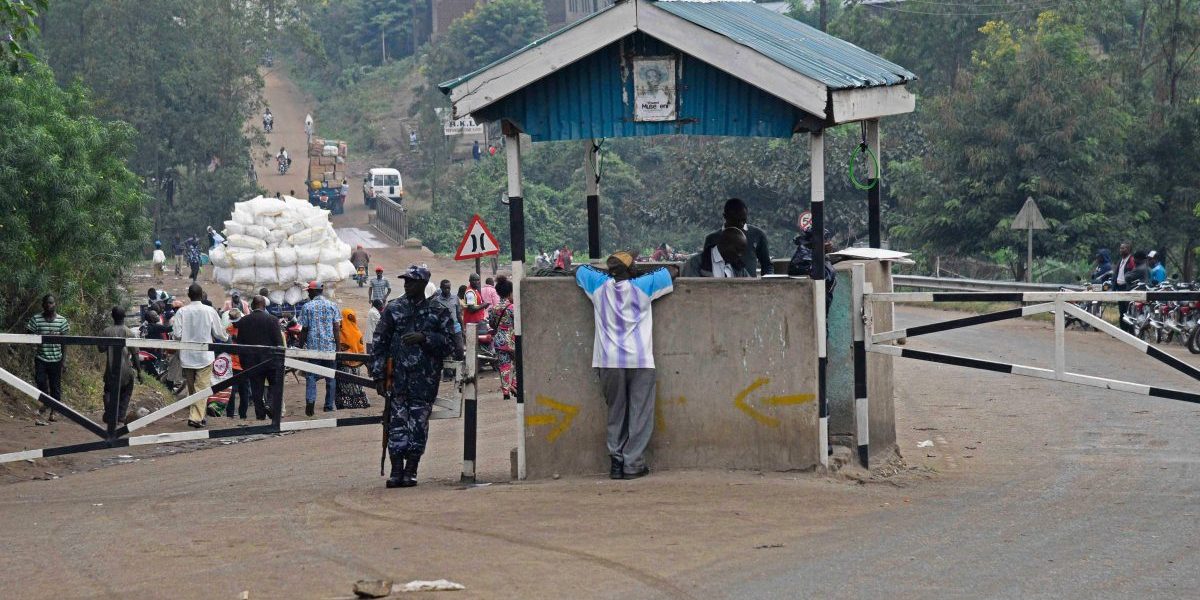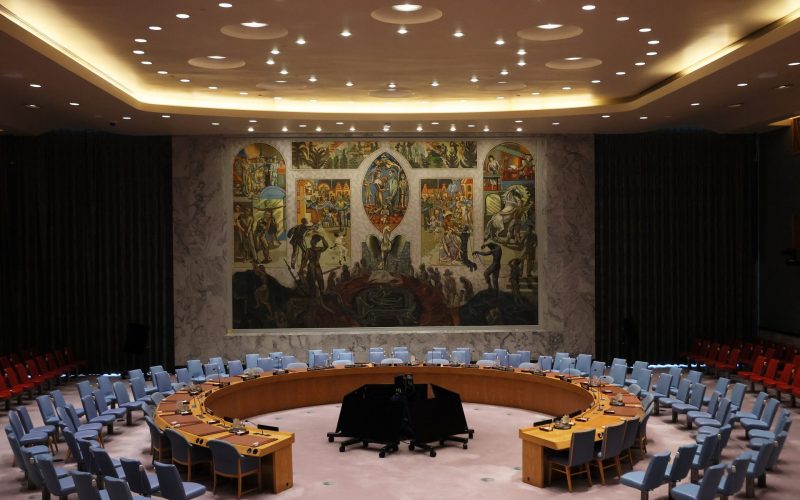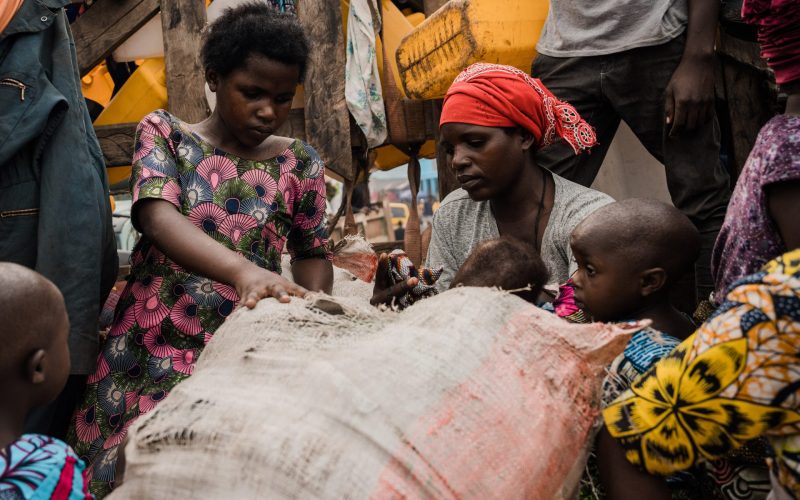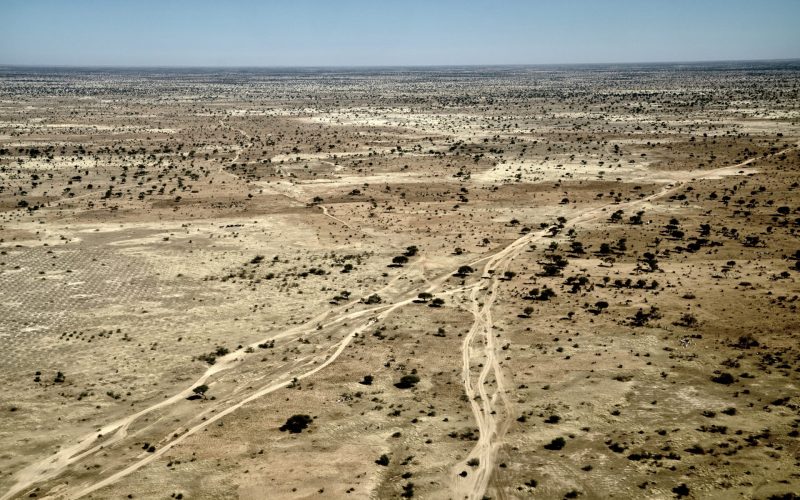Summary
- In order to effectively address instability in the Democratic Republic of Congo (DRC) and rising political tensions in the wider Great Lakes region, a strong, regionally rooted political process is necessary to address violence, instability and the business of illegal resource exploitation in the region.
- The change in leadership in the DRC, and an apparent commitment by President Félix Tshisekedi to address chronic instability and violence in the eastern DRC, provide an opportunity to reinvigorate regional relations in a positive manner.
- International actors wishing to nurse a positive outcome from the controversial 2018 election in the DRC should support not just Tshisekedi’s domestic efforts, but extend this support to initiating a fundamental shift in regional thinking – a process which will strengthen Tshisekedi as president of the DRC and lead to positive peace and security outcomes for the whole Great Lakes region.
- The partial analysis of the drivers of conflict across the core countries of the Great Lakes region has failed to take into equal consideration that the policies and actions of undemocratic governments in other countries in the region are also integral parts of the conflict system. A narrow focus on stability of regimes rather than on the development of sustainable democratic institutions and open political environments has dominated the approach to Uganda and Rwanda in particular, which both emerged from their own periods of war in the early-to-mid 1990s.
- An open, transparent and rigorous political dialogue at the regional level can only lead to real change if the international community shifts its behaviour. The argument that violations of human rights and democratic freedoms by some governments must be tolerated in the interests of regional stability are weak and threadbare.
- Overlaying the armed groups is a network of civilian and military actors from the DRC, Rwanda, Uganda and Burundi who are involved in these activities and benefit substantially from them. There exists now a regional mafia of armed actors, politicians, businesspeople and military leaders who cooperate along different axes and benefit financially from the substantial illicit trade in minerals and other goods. These interests supersede ethnicity and nationality, driven as they are by the profit-motive.
- It is essential that a political dialogue also address the issue of illegal natural resource exploitation, which is a central driver of conflict dynamics in the Great Lakes region.








